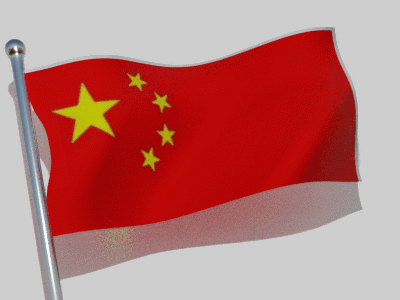- Introduction of Electronic Voucher Standards: The Ministry of Finance has initiated a push to implement standardized accounting data for electronic vouchers in China, aiming to facilitate digital transformation in accounting and improve compliance. This includes mandatory use of electronic formats like XML and XBRL for various types of electronic invoices and vouchers.
- Phased Implementation and Support Framework: The implementation process will involve enhancing the capabilities of businesses to issue and manage electronic vouchers, with support from the Ministry of Finance and other relevant authorities. This includes strengthening technical support, policy coordination, and providing training to ensure all stakeholders can effectively transition to the new standards.
- Focus on Comprehensive Compliance and Efficiency: The initiative aims to minimize manual processes, reduce the risk of fraud, and ensure efficient supervision of economic activities. By promoting the use of electronic vouchers, the government seeks to enhance transparency, reduce administrative burdens, and foster a more reliable digital accounting environment across various sectors.
Source gov.cn
- New Legislation for Digital Accounting: The Chinese Ministry of Finance has released a Notice promoting the use of standardized electronic voucher accounting data, marking a significant step towards digitalizing financial practices nationwide.
- Structured e-Vouchers: The legislation mandates the use of structured electronic vouchers, including VAT e-invoices, e-receipts, and transportation tickets, which must be compatible with XML and XBRL formats for automated processing.
- System Upgrades Required: Taxpayers and ERP software vendors must upgrade their systems within three years to comply with the new electronic voucher standards, transitioning from traditional paper-based methods to streamlined digital processes.
Source Pagero
- See also
- Join the Linkedin Group on Global E-Invoicing/E-Reporting/SAF-T Developments, click HERE
Latest Posts in "China"
- No VAT Increase for Finance and Internet Sectors, Say Tax Experts Amid Rumors
- Rumors of VAT Rate Hike for Gaming and Finance Untrue, Experts Say
- China Issues New VAT Regulations and Thresholds Effective January 2026
- MOF and STA Announce VAT Input Tax Credit and Related Matters Effective 2026
- China Clarifies VAT Thresholds and Tax Administration Measures in New Announcement















